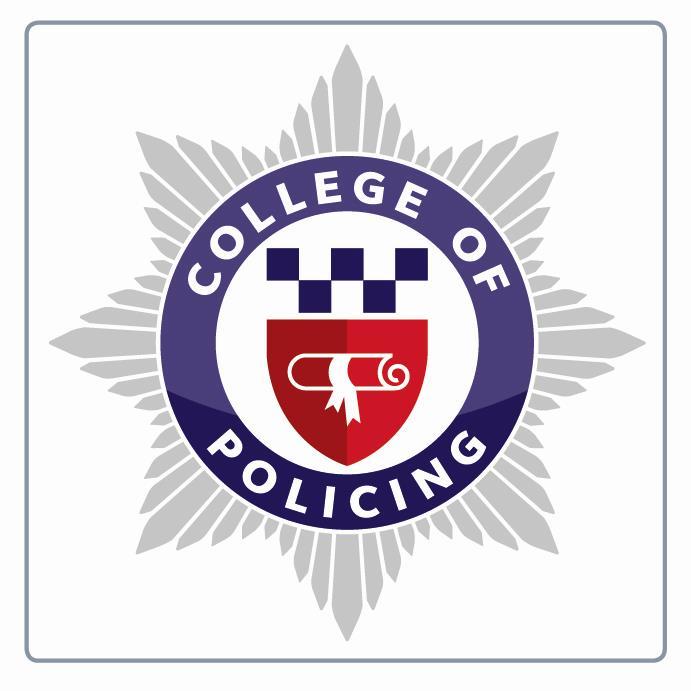College has a ‘long way to go’ to connect with police officers
THE chief executive of the College of Policing has admitted that the body still has a “long way to go” to connect with its members.
Appearing before the Home Affairs Select Committee on 19 April, Alex Marshall said frontline officers’ knowledge of the College’s functions was a particular concern.
Mr Marshall said that all officers have had contact with the College, for training and learning purposes, but only “about half” would understand more about the other work it performs – such as developing an evidence base for policing practice.
Currently, the college has 3,000 registered members, a significant distance from meeting the requirement to reach Royal Charter status.
Mr Marshall said the “overall aim” was independence from the Home Office, although he conceded that there were several obstacles to overcome before the College could be granted a Royal Charter by the monarch.
One requirement for the special status is to enrol the majority of the eligible field of a unique profession as members, without significant overlap with other bodies.
As part of the plans, the College wants to give all officers a licence, and create a register of those working within policing.
Mr Marshall added that there were no plans to charge for membership until at least 2018.
Gavin Thomas, President of the Police Superintendents Association of England and Wales, also appeared before the Committee, and said the next step for the College was to develop a “personal relationship” with officers.
“There is still some way to go to get traction in terms of what it means to be a member,” he said.
Andy Fittes, General Secretary of the Police Federation of England and Wales, said ordinary officers needed to know more about the benefits of membership.
Identifying and promoting good practice based on evidence is among the purposes of the College of Policing. It also supports the professional development of members, and identifies and promotes values and standards of integrity. The organisation works with universities to develop its research and evidence base, as well as with forces and international partners.


Comments are closed.